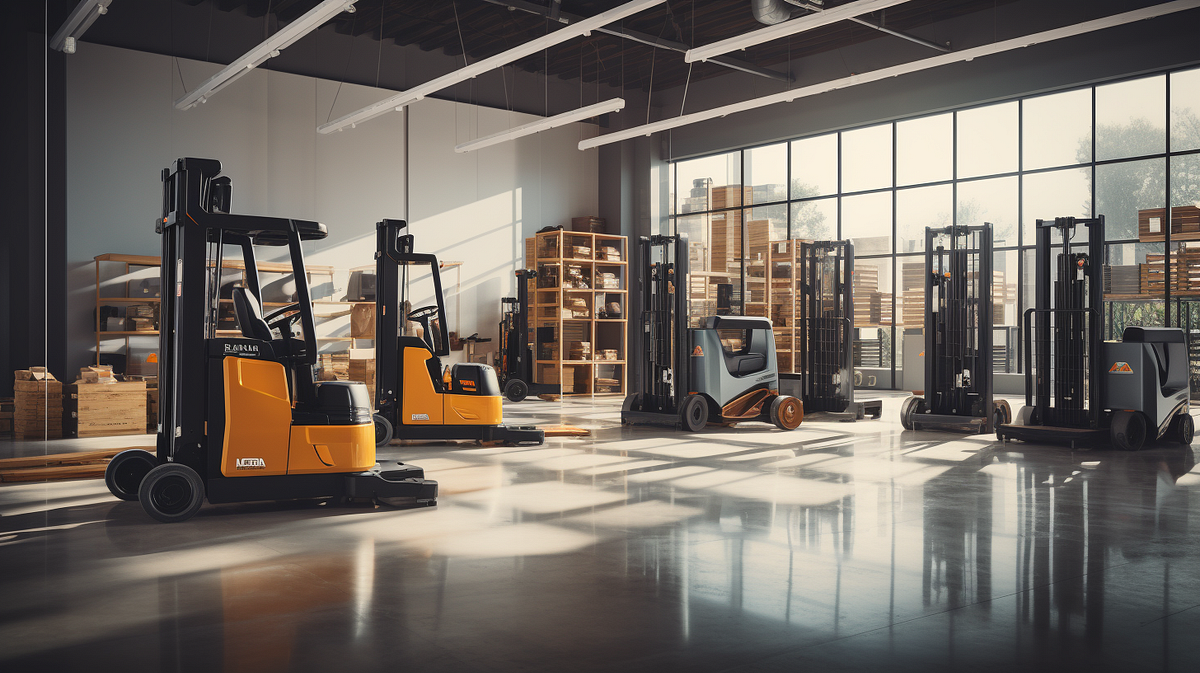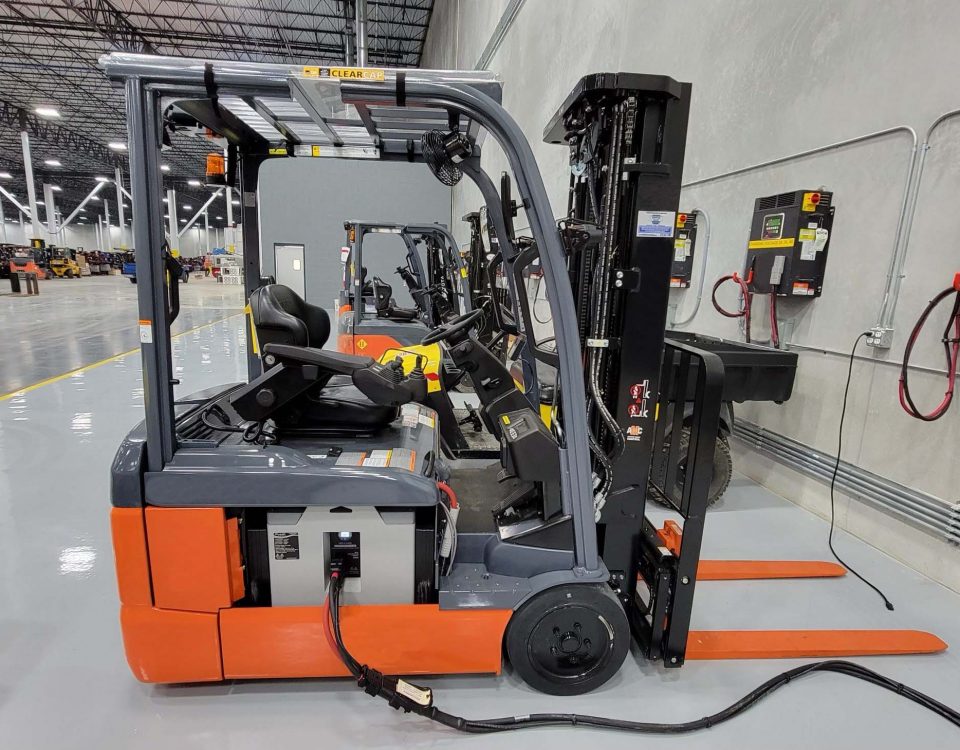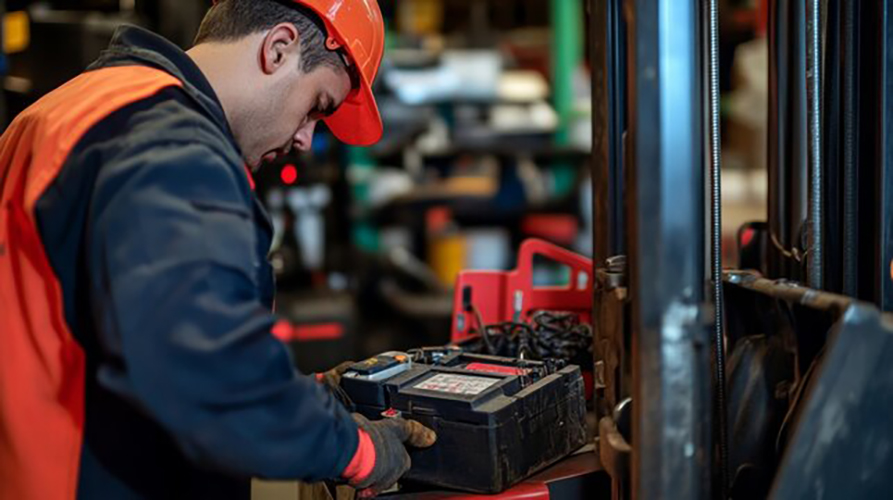Advantages of Lithium
Enhanced Efficiency
Lithium batteries are celebrated for their superior energy efficiency. Unlike lead-acid batteries, which typically lose a significant amount of energy during charging and discharging, lithium batteries maintain a consistent performance level throughout their charge cycle. This efficiency translates to more productive work hours, as forklifts can operate longer on a single charge.
Longer Lifespan
One of the most compelling reasons for the switch to lithium is their longevity. While lead-acid batteries may last around 1,500 cycles, lithium batteries can exceed 5,000 cycles or more. This dramatic increase in lifespan means fewer battery replacements, which can significantly reduce operational costs over time. Businesses can allocate resources previously used for battery maintenance and replacements to other critical areas.
Reduced Maintenance
Lithium batteries require far less maintenance than their lead-acid counterparts. There’s no need for regular watering or equalization charges, which are essential for maintaining lead-acid batteries. This reduction in maintenance not only saves time but also minimizes the risk of human error, leading to a more reliable operation.
Impact on Operations
The integration of lithium batteries into material handling operations has profound implications. Warehouses and distribution centers report significant productivity boosts as a result of these advanced batteries. For instance, lithium forklift batteries can be charged in a fraction of the time it takes to recharge lead-acid batteries. This capability allows for opportunity charging—charging the battery during breaks or while not in use—which maximizes equipment availability.
In addition, lithium batteries operate efficiently in varying temperatures, providing consistent power in both hot and cold environments. This adaptability is crucial for businesses operating in diverse climates, ensuring that equipment performance remains uncompromised.
Case Studies
Many companies have successfully transitioned to lithium forklift batteries, reaping the rewards of this technology. For example, a large distribution center in the Midwest replaced its fleet of lead-acid battery forklifts with lithium-powered models. The results were remarkable: operational downtime decreased by 30%, and the center reported a 20% increase in productivity within just a few months.
Another success story comes from a food and beverage distributor that struggled with the limitations of lead-acid batteries. After switching to lithium batteries, they found they could charge their forklifts during peak operational hours without impacting productivity. This not only improved workflow but also enhanced safety, as the risk of battery-related incidents diminished.
Conclusion
The future of material handling operations is increasingly intertwined with lithium battery technology. As companies strive for greater efficiency, reliability, and sustainability, lithium forklift batteries offer a compelling solution. With their enhanced efficiency, longer lifespan, and reduced maintenance requirements, these batteries are poised to become the industry standard.
As we look to the future, it’s clear that the adoption of lithium technology will continue to accelerate. Businesses that embrace this innovation will not only improve their operational capabilities but also position themselves as leaders in the evolving landscape of material handling.
About RICHYE
RICHYE is a professional lithium battery manufacturer known for producing high-quality AGV batteries. Our lithium forklift batteries excel in quality, performance, safety, and price, making them a trusted choice for businesses seeking reliable energy solutions. With RICHYE, you can be confident that your operations are powered by the best in the industry.




